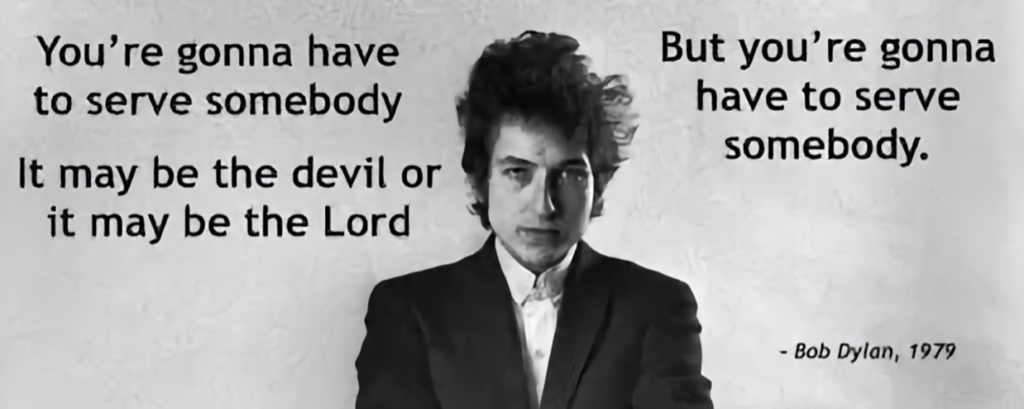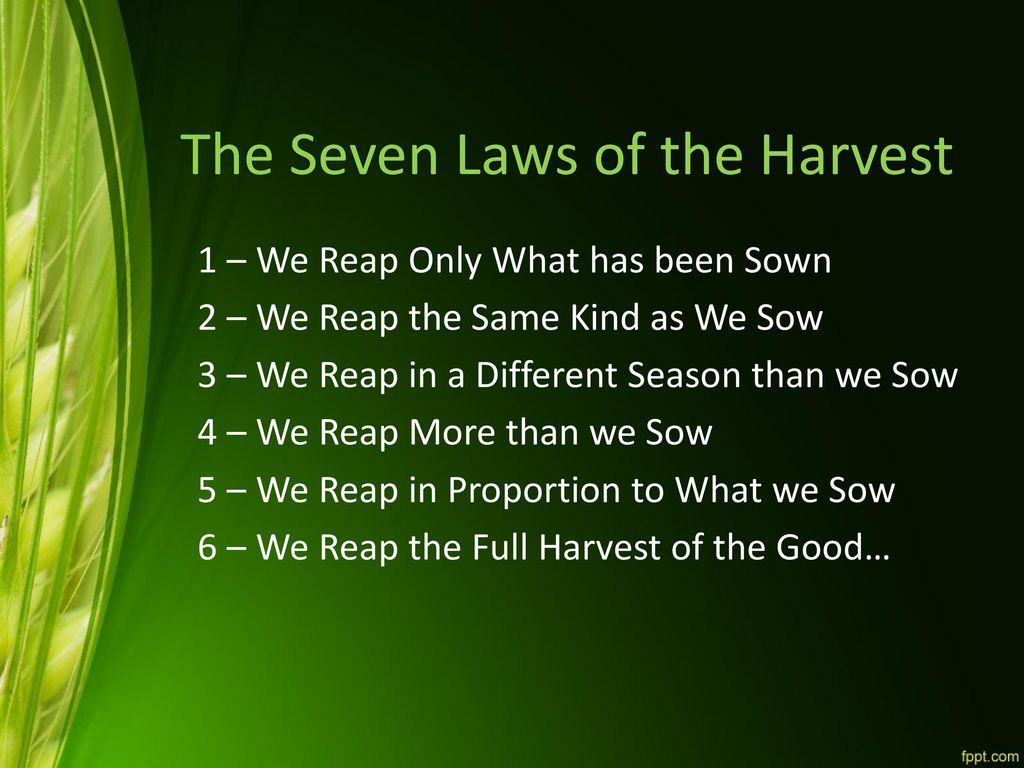From The Heart

From The Heart
It really is a thing and it is ours.
The phenomenon can be traced back to a casual on-air conversation in 2014. Stephanie Domet, who hosted the Mainstreet Halifax program on CBC Radio One, made an offhand remark about her plans to pick up some chips and dip in preparation for an upcoming blizzard. An enthusiastic discussion followed with a colleague who shared similar snack preparation rituals in his household.
This seemingly inconsequential chat resonated with listeners. Suddenly, the idea that storm preparations included a trip to the snack aisle gained traction. Media outlets noticed the pattern, and reports of noticeable spikes in chip sales emerged whenever a major storm was on the horizon. Read more …
Do you have YOUR storm chips?
What do you do on a storm day? It’s Wednesday and I, like many of you, are at home today, trying not to feel guilty about having some unproductive time … maybe.
Maybe you are catching up on the list. All those things that have been piling up because you have been busy with everything else. and what waits at home, comes last.
Maybe you are charging your devices in case the power goes out.
Maybe you have decided that you are not going to do anything at all. Every once in a while, or every so often, or more frequently than we do, … we ought to stop the productivity penchant. Busyness is not necessarily a badge of honour. Some times doing less of what doesn’t matter and more of what does is the best approach.
It’s the tension between what is urgent and what is important.
What is urgent screams for our immediate attention. Want is important waits quietly, patiently for us to assign it as a priority.
In a Chuck Swindoll book, I read the following illustration, some years ago.
Benno Schmidt Jr. had just assumed the presidency of Yale University. As you might imagine, this prestigious assignment was a relentlessly demanding assignment. He was being interviewed about the new position and he said this:
”If I can’t put my feet on the desk and look out the window and think without an agenda, I may be managing Yale, but I won’t be leading it.”
For many of us, our busyness mens that we are managing, but in truth, life is running us ragged. Life is making something out of us that we do not want to be or taking something from us that we dare not surrender.
We should be making something out of the life we have been given rather than being shaped by a life that we can barely manage.
There are many aspects to prioritizing the life that disappears so quickly. One of the most important is the value system that we choose to adopt.
An old Bob Dylan song gave us the lyrics, “It may be the devil or it may be the Lord, but you’re gonna have to serve somebody.” It was off one of his four gospel albums. This album was entitled, “Slow Train Coming”, an especially appropriate title. In the flavour of this newsletter, take time to listen to this song. Just click that link that you passed over. It might be an important reminder, whether or not you like Bob’s music. It’s a simple truth and a great reminder.
So this morning, we are going to talk about this critical difference. Are managing or living/leading?
Thanks for joining us this morning … at CLC, we’re in for life.






